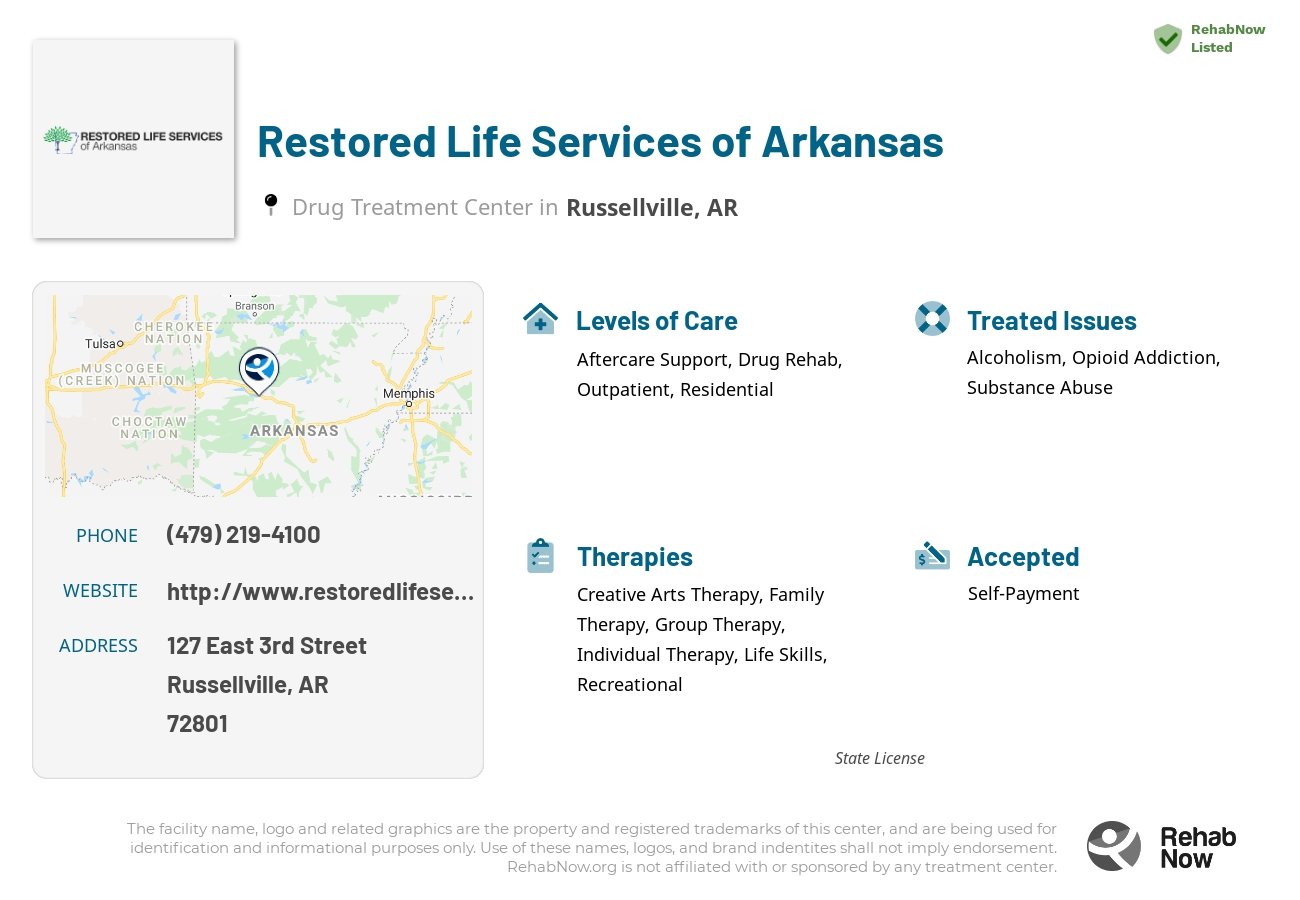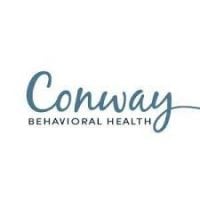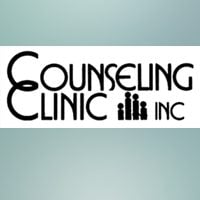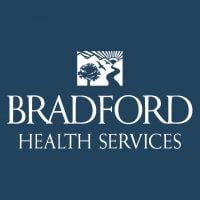Restored Life Services of Arkansas
Drug Rehab Center in Russellville, Arkansas
Restored Life Services of Arkansas is an accredited addiction treatment center that provides comprehensive care for individuals struggling with substance use disorders and mental health issues through a variety of evidence-based therapeutic approaches, residential and outpatient programs, and aftercare services to help people achieve sobriety and maintain long-term recovery.
About This Arkansas Facility
Restored Life Services of Arkansas, located in Russellville, is a beacon for individuals seeking freedom from alcohol and drug dependency. With its outpatient programs tailored for both adolescents and adults, the center stands out through its age-specific treatments and comprehensive care approach, ensuring every client gets the personalized support they need.
- Offers age-specific treatment options, ensuring tailored therapy for both adolescents and adults.
- Includes diverse services like individual, group, and family therapy over a 10-week period which greatly supports recovery.
- Provides DUI classes and case management services, helping clients reintegrate into society and handle their legal issues effectively.
This accredited facility not only holds a state license, certifying its commitment to quality care, but also approaches treatment with a holistic perspective. By offering follow-up calls post-treatment, Restored Life Services maintains a connection with clients, aiding them in addressing any new challenges and reinforcing their journey to sobriety.
Restored Life Services of Arkansas tackles a range of issues including alcoholism, opioid addiction, and mental health problems. By employing a variety of treatment methods, such as psychotherapy tailored to specific age groups and comprehensive aftercare, along with outpatient services, the center equips individuals with the tools for a lasting recovery.
Genders
Ages
Modality
Additional
Accreditations
State License
Conditions and Issues Treated
Substance Abuse Treatment is important when getting sober, as it helps addicts learn the skills they need to live a clean life. There are many different kinds of recovery treatment, including medication-assisted therapy, behavioral therapeutic approaches and self-help groups, as well as counseling.
Opioid abuse has become a national epidemic in the last decade. The US has one of the world’s highest rates of opioid use and abuse, as well as opioid-related deaths. Opioids are classified as Schedule II-IV controlled substances in the US due to their high potential for abuse.
Oxycodone, hydrocodone, methadone, and fentanyl are the most common Opioids and are commonly prescribed to treat pain. Tolerance to opioids develops over time, making life difficult, if not impossible, without them. Opioid users often obtain the drugs illegally. They can be drug dealers, friends, or family members who do not have valid prescriptions.
The desire for a more intense high than prescription opioids can quickly lead to heroin use. Heroin users are more prone to illness and death due to the high risk of overdose.
Many opioid addicts who seek treatment believe that the only way to overcome their addiction is through medical detox and long-term drug addiction rehab. To help patients wean off their addiction and reduce the risk of overdose, medication-assisted therapy (MAT) involves prescribing a replacement opioid. Doctors use MAT in conjunction with other anti-craving medications to help patients maintain recovery. Due to the high risk of relapse, MAT is often combined with individual and group counseling and social support programs.
Levels of Care Offered at Restored Life Services of Arkansas
This center offers a variety of custom treatment tailored to individual recovery. Currently available are Aftercare Support, Drug Rehab, Outpatient, Residential, with additional therapies available as listed below.
An outpatient treatment program is set up to help with alcohol or drug addiction or a co-occurring disorder. The patient must attend the facility for their therapy and other programs but can return home each night.
The frequency of mandatory attendance decreases after much of Restored Life Services of Arkansas‘s program is complete.
Outpatient treatment is a recovery approach that allows recovering addicts to live at home while getting rehab for addiction
An outpatient can include day treatments which include attending group sessions one hour per week. A person living in an outpatient environment may be allowed the opportunity to work full time if they choose to and continue studies without interruption from drugs/alcohol.
Outpatient treatment is an option for people who want to maintain their careers and families. Outpatients live at home but attend treatment such as individual counseling, group counseling, or twelve-step meetings during the day.
Residential treatment programs are those that offer housing and meals in addition to substance abuse treatment. Rehab facilities that offer residential treatment allow patients to focus solely on recovery, in an environment totally separate from their lives. Some rehab centers specialize in short-term residential treatment (a few days to a week or two), while others solely provide treatment on a long-term basis (several weeks to months). Some offer both, and tailor treatment to the patient’s individual requirements.
Aftercare support is vital to the success of someone in drug or alcohol treatment. It involves assisting with entering a sober living home, getting career counseling or educational assistance and even getting the individual lined up with programs like AA and NA. This support helps recovering addicts readjust to normal day-to-day activities and maintain sobriety.
When a person is in drug or alcohol treatment, they have to increase their focus on themselves. They need to learn how to recognize the triggers that cause them to relapse and learn the habits that would benefit them if they were to be sober. This is all part of the growth in recovery, and aftercare is essential to that process.
Therapies & Programs
At Restored Life Services of Arkansas , to learn from past mistakes and improve one’s situation, the recovering person meets individually with a therapist. The counselor or therapist will address addiction causes, triggers, mental issues, dual diagnosis, and aftercare plans during this time. This is a very intense and challenging process. Some clients find it easier to open up to someone other than family or friends who understand their struggles with addiction.
Family therapy is a crucial part of drug treatment and getting sober. It is one of the most effective ways to help addicts stay on the path to long-term sobriety. An addict’s family can play a vital part in helping them to avoid relapse. They can spot the warning signs and help them get back on track.
In group therapy, recovering addicts meet with a therapist and other people in recovery. Some groups are closed, meaning only people who share the same addiction or problem can attend. Others are open to anyone who wants to stop using drugs or drinking alcohol. Group therapy sessions typically focus on one topic each week or month so that recovering addicts can discuss issues they face daily.
Cognitive Behavioral Therapy (CBT) is based on the idea that how we feel, think and act all interact together. It helps people explore their thoughts for problems (or false beliefs) that influence their mood and actions. CBT is very goal-oriented, which means that the therapist and patient work together on a specific problem. In addition to helping a client focus on thoughts that can be changed, CBT also allows them to take an active role in their treatment. Our thoughts determine our feelings and behaviors; our feelings affect our thoughts, and our behaviors change our thoughts and feelings.
Drug and alcohol addiction can lead to a breakdown in life skills. Learning certain life skills can help those who are struggling with addiction. Life skills training at Restored Life Services of Arkansas in Russellville, AR teaches patients skills such as time management, budgeting, and social abilities to improve their quality of life and prevent relapse.
An addict’s life skills are maladaptive, meaning they are counterproductive. An addict may have learned poor time management skills growing up, have a hard time budgeting money, or be socially awkward. An addict’s poor life skills can lead to relapse and the inability to achieve long-term sobriety. Life skills training teaches patients effective coping mechanisms, which can help them live a clean and sober life.
Payment Options Accepted
For specific insurance or payment methods please contact us.
Additional Details
Specifics, location, and helpful extra information.
Russellville, Arkansas 72801 Phone Number(479) 219-4100 Meta DetailsUpdated April 15, 2024
Staff Verified
Patient Reviews
There are no reviews yet. Be the first one to write one.
Russellville, Arkansas Addiction Information
Arkansas has one of the highest rates of substance abuse and addiction in the nation for drug overdoses. Methamphetamines and prescription opioids are by far the most widely abused drugs in the state. Despite the high rates, Arkansas ranked only 25th in the for drug overdose deaths in 2013.
Russellville, Arkansas has a high rate of drug-related deaths per 100,000 people. In 2016, there were 1,739 arrests related to drug abuse in the city. From 2014 to 2016, the number of opioid prescriptions dispensed in Russellville increased by almost 30%. There are different types of drug addiction treatment programs available in Russellville. The most common type of program is an outpatient program, which requires that you visit a clinic regularly.
Treatment in Nearby Cities
- Morrow, AR (83.7 mi.)
- West Helena, AR (153.2 mi.)
- Conway, AR (41.1 mi.)
- Helena, AR (153.2 mi.)
- Mountain View, AR (70.3 mi.)
Centers near Restored Life Services of Arkansas
The facility name, logo and brand are the property and registered trademarks of Restored Life Services of Arkansas, and are being used for identification and informational purposes only. Use of these names, logos and brands shall not imply endorsement. RehabNow.org is not affiliated with or sponsored by Restored Life Services of Arkansas.











